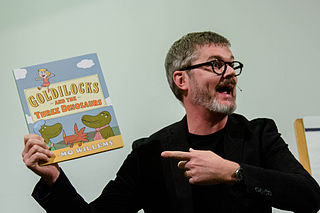A Quote by Douglas Dunn
A poem can have an impact, but you can't expect an audience to understand all the nuances.
Related Quotes
You can't expect everyone to laugh or applaud you for doing edgy things. Sometimes you'll miss. But I think comedians are artists and there's a value in failure. It kind of works both ways between comedians and audiences. The audience has to understand that comedians are going to sometimes tell a joke that doesn't work out with dark subjects, and the comedian has to understand that sometimes they 'll fail and it's not the audience's fault for not getting it or loving it.
I'm a brown girl from a Punjabi pind raised in Toronto. I don't expect literary critics and purists to understand the nuances of my experiences, and the experiences of the people around me... And my tradition holds that there is a magic in the written word. So how I write, what I write of, and why I write all comes naturally.
If you're going to make a film, and you're going to have dialogue, and you want to take the characters seriously, let's understand what they're saying. If there is going to be technical dialogue, let's render it in a way that the audience can understand it and expect that it's not going to be so far over their heads.
The subject of the poem usually dictates the rhythm or the rhyme and its form. Sometimes, when you finish the poem and you think the poem is finished, the poem says, "You're not finished with me yet," and you have to go back and revise, and you may have another poem altogether. It has its own life to live.
I never think of my audience when I write a poem. I try to write out of whatever is haunting me; in order for a poem to feel authentic, I have to feel I'm treading on very dangerous ground, which can mean that the resulting revelations may prove hurtful to other people. The time for thinking about that kind of guilt or any collective sense of responsibility, however, occurs much later in the creative process, after the poem is finished.




































